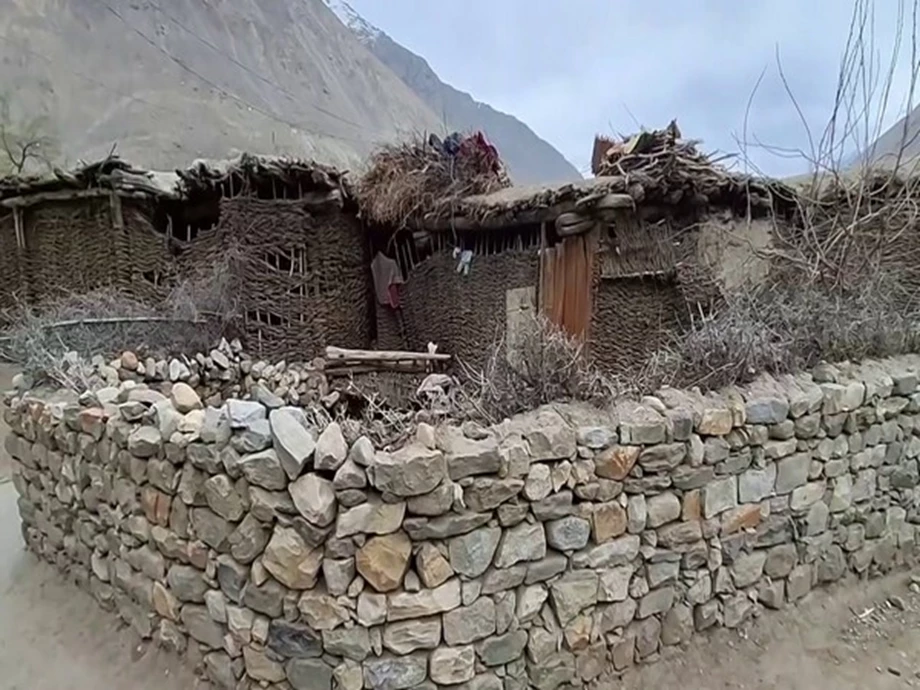In the remote Gilgit Baltistan region, the village of Hamirsal near the Shigar area epitomises the struggle of several communities deprived of essential infrastructure and governmental support. With about 250 families, Hamirsal relies on subsistence farming and laborious odd jobs to eke out a living, as basic amenities like schools, roads, and access to major cities remain elusive dreams, reported Skardu TV, a local news channel.
Decades-old makeshift houses serve as a reminder of the village’s economic hardships, exacerbated by the absence of proper employment opportunities and educational facilities. Despite being the largest settlement in the Shigar area, Hamirsal languishes without hospitals, clinics, or adequate educational infrastructure.
The sole school, a community endeavour, has grappled with insufficient teachers and resources, relying on sporadic aid from NGOs and local initiatives to sustain its operations. Asher, a concerned villager, highlighted the glaring disparities, emphasising the dire need for government intervention to address the myriad challenges faced by Hamirsal and neighbouring communities.
“There are about 150 children in the school and there is a shortage of teachers. Right now, we just have been given one teacher from the government. All the other teachers have either been provided by various NGOs or by our village community,” Skardu TV reported citing Asher. The lack of basic amenities not only perpetuates poverty but also forces many young residents to migrate in search of livelihoods, further exacerbating the village’s economic woes.
Javed Shaka, a village teacher, underscored the ripple effects of educational neglect, lamenting the absence of recreational facilities and proper grounds for physical activity. Asher’s plea for attention resonates beyond Hamirsal, echoing the plight of numerous marginalised villages in the region, where inadequate medical care often leads to preventable tragedies.
“We are not the only ones suffering to get basic amenities, there are at least ten to fifteen more villages on this route but all of them are in this condition. In this area, several people die because of not getting adequate medical attention on time,” he added. As Asher articulated, the cycle of poverty is intricately linked to educational opportunities and access to basic amenities.
Without urgent governmental intervention, the prospects for Hamirsal and similar communities remain bleak, which underscores the pressing need for concerted action to uplift marginalised regions and ensure a brighter future for all residents.

